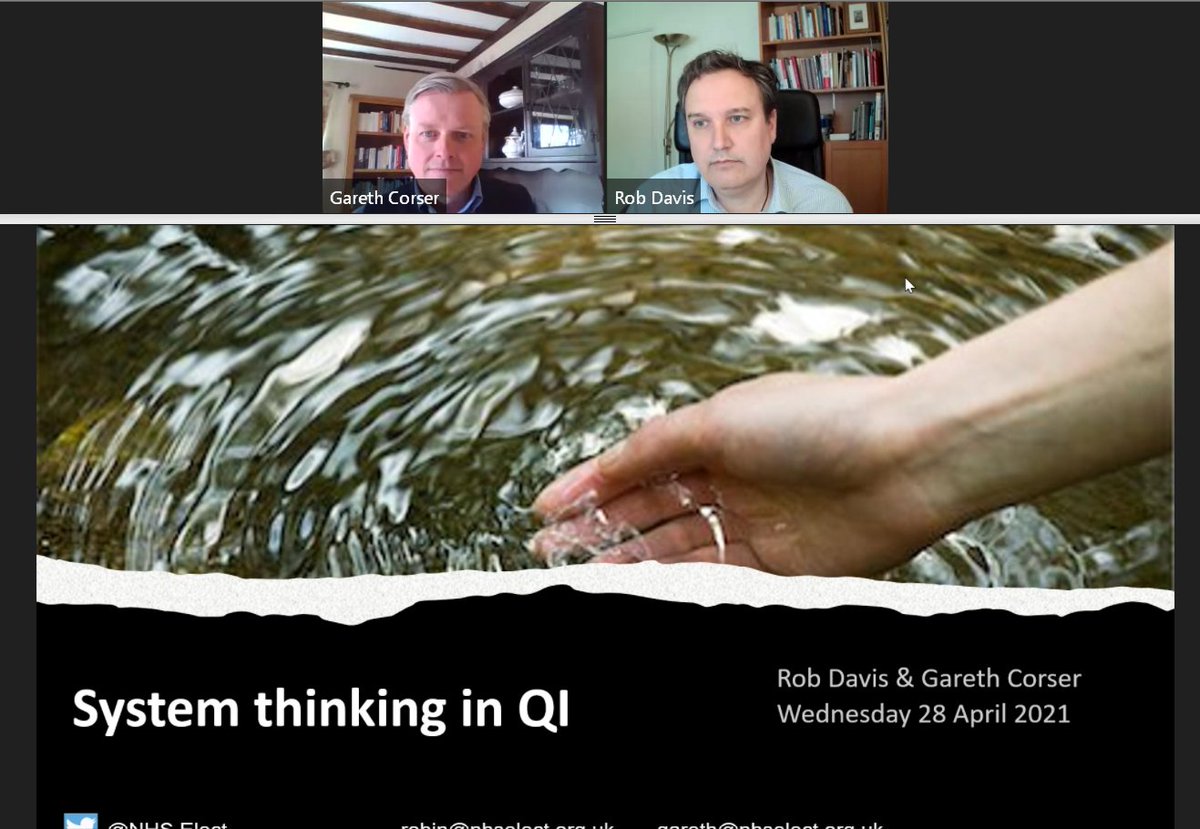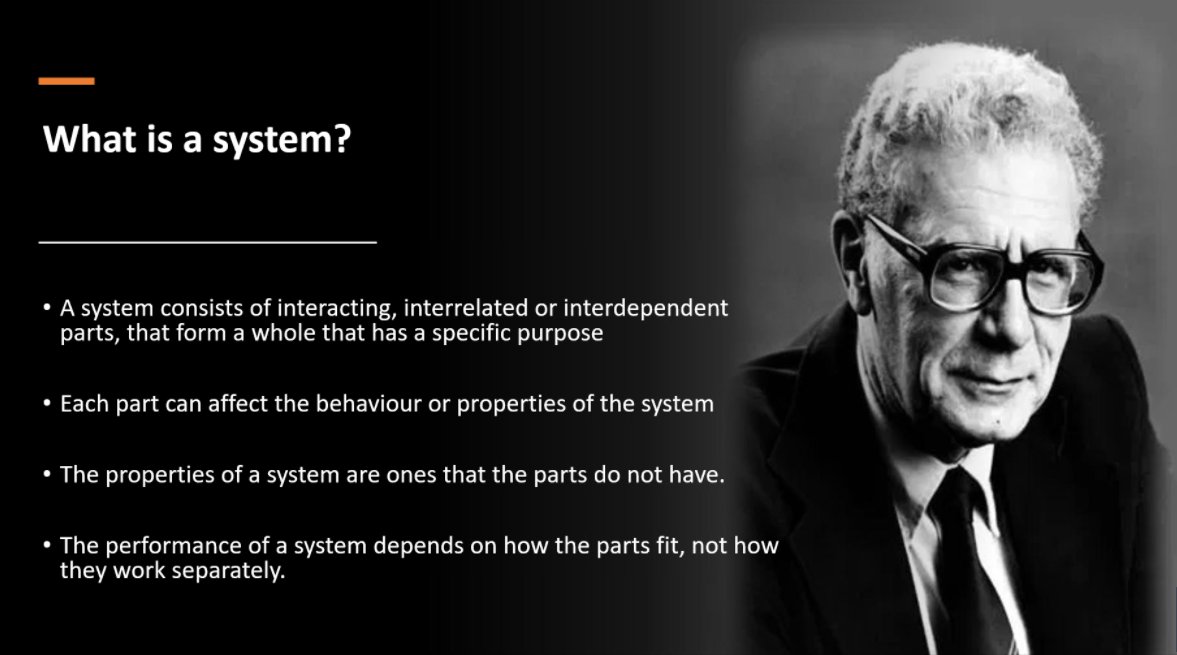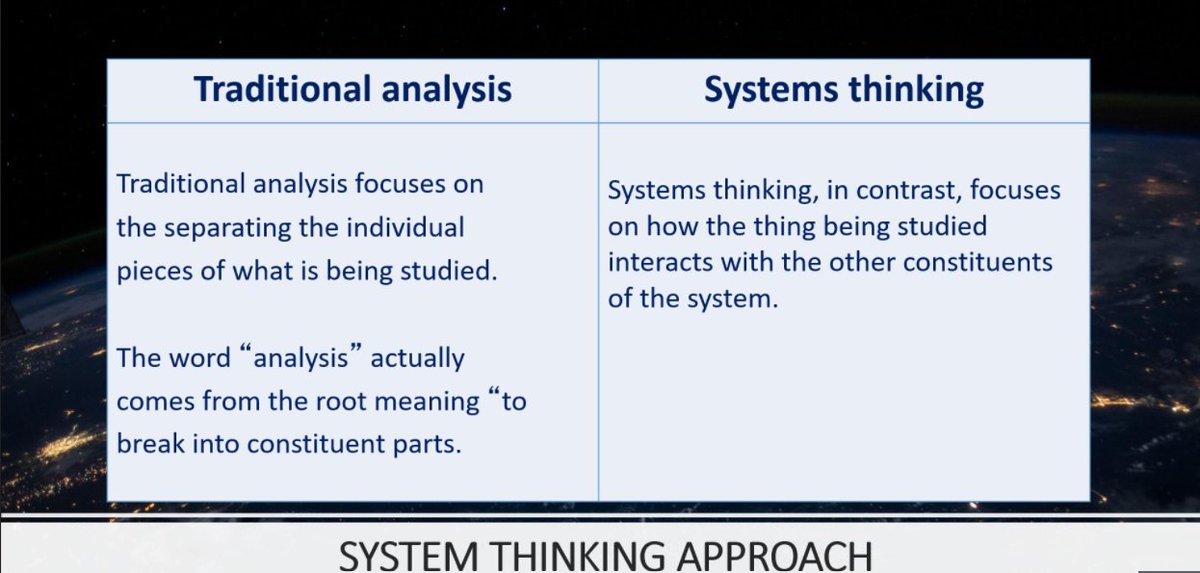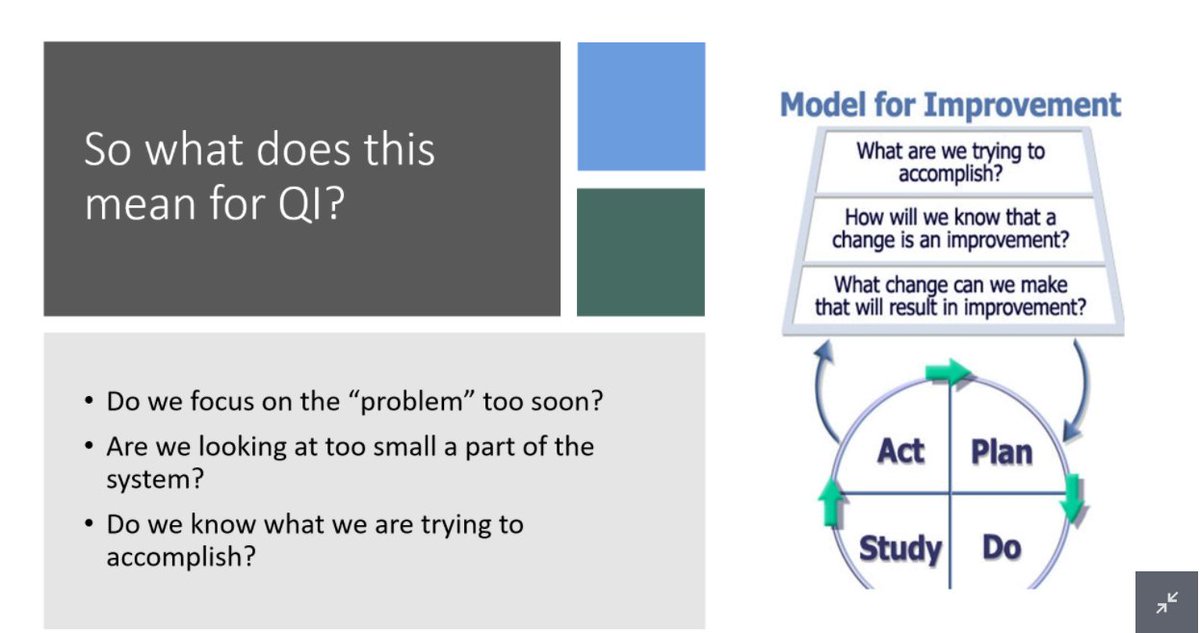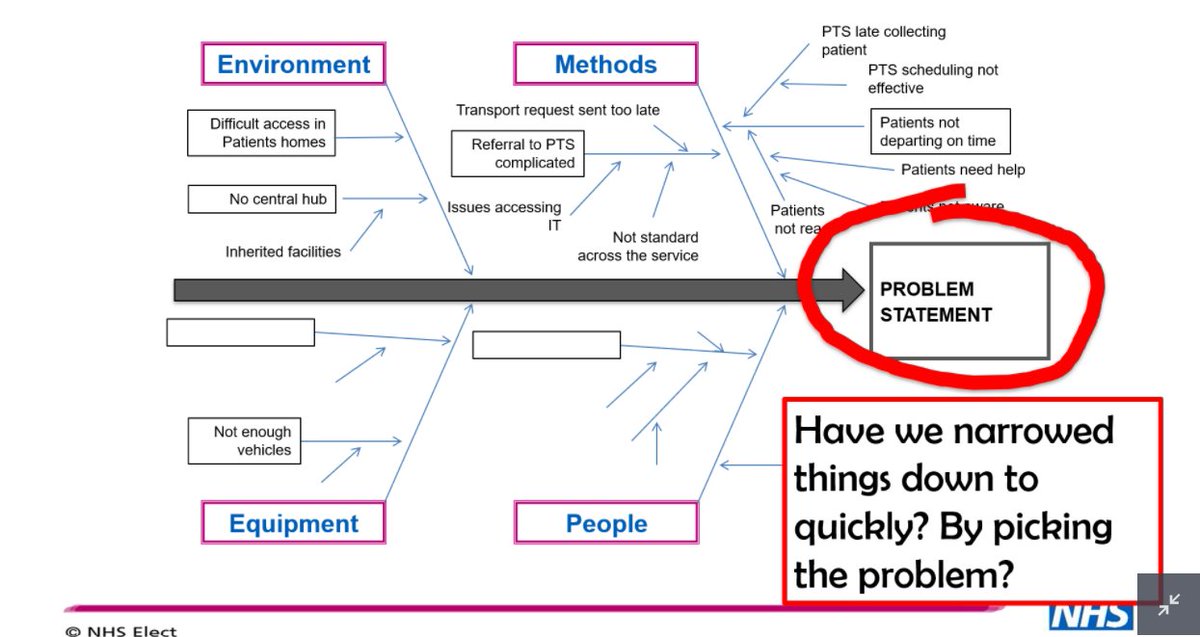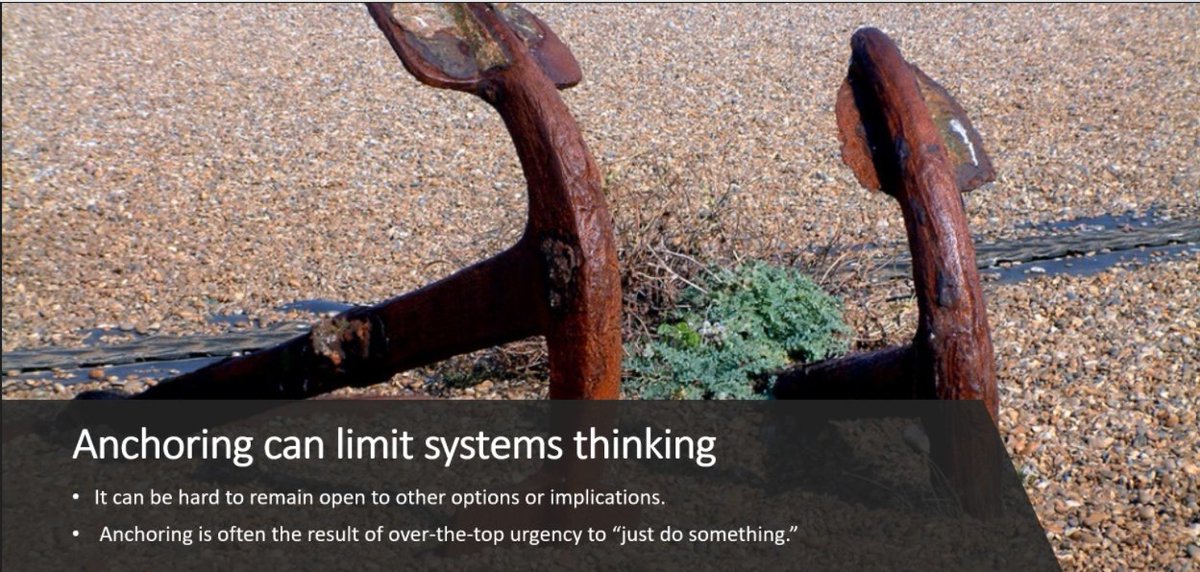
Just joined the second #QLabCymru #LabordyQCymru workshop on #CovidRecovery
This is a series of workshops on offer by Q Lab Cymru. See dates for future workshops in the next tweet
#QITwitter
This is a series of workshops on offer by Q Lab Cymru. See dates for future workshops in the next tweet
#QITwitter

#QLabCymru #LabordyQCymru workshop dates are shown below. Find out more:
phw.nhs.wales/services-and-t…
#QITwitter #CovidRecovery
phw.nhs.wales/services-and-t…
#QITwitter #CovidRecovery

.@desbrown67 is introducing the Skills for Collaborative Change, created by @HealthFdn and @nesta_uk for @theQCommunity
You can read more here: q.health.org.uk/resource/skill…
#QITwitter #QLabCymru #LabordyQCymru #CovidRecovery
You can read more here: q.health.org.uk/resource/skill…
#QITwitter #QLabCymru #LabordyQCymru #CovidRecovery

Hearing from the Dementia Programme team: this is a great question! Should we ask this more in improvement?
#QITwitter #QLabCymru #LabordyQCymru #CovidRecovery
#QITwitter #QLabCymru #LabordyQCymru #CovidRecovery

"Relationships are built by shared experiences" - @MichaelaMorris8
This is a wonderful approach to improving outcomes and experience!
#QITwitter #QLabCymru #LabordyQCymru #CovidRecovery
This is a wonderful approach to improving outcomes and experience!
#QITwitter #QLabCymru #LabordyQCymru #CovidRecovery

Here is a link to further reading on this piece of work: phw.nhs.wales/services-and-t…
#QITwitter #QLabCymru #LabordyQCymru #CovidRecovery
#QITwitter #QLabCymru #LabordyQCymru #CovidRecovery
Nigel Hullah says "It’s not coproduction that brings about relationships and change. It’s relationships that bring about coproduction and change."
@3NDWG
This sentence should be included in all co-production resources!
#QITwitter #QLabCymru #LabordyQCymru #CovidRecovery
@3NDWG
This sentence should be included in all co-production resources!
#QITwitter #QLabCymru #LabordyQCymru #CovidRecovery
Three top tips from @DrNElliott
1. Dedicate time to cultivating relationships - it does take time and work to build successful relationships. It should be a relationship that is mutually beneficial
#QITwitter #QLabCymru #LabordyQCymru #CovidRecovery
1. Dedicate time to cultivating relationships - it does take time and work to build successful relationships. It should be a relationship that is mutually beneficial
#QITwitter #QLabCymru #LabordyQCymru #CovidRecovery
2. Active listening and valuing contributions. Good communication, creating a space for contribution without judgement
#QITwitter #QLabCymru #LabordyQCymru #CovidRecovery
#QITwitter #QLabCymru #LabordyQCymru #CovidRecovery
3. Building trust; people know you will follow through on actions that you commit to and that you keep people up to date. Knowing what expectations are.
#QITwitter #QLabCymru #LabordyQCymru #CovidRecovery
#QITwitter #QLabCymru #LabordyQCymru #CovidRecovery
Guto Davies adds on to what @DrNElliott said and talks about the importance of transparency and respect of people's different views.
#QITwitter #QLabCymru #LabordyQCymru #CovidRecovery
#QITwitter #QLabCymru #LabordyQCymru #CovidRecovery
Great questions for us all to consider...
🔸How do we approach challenges?
🔸Make decisions?
🔸Interact with people, tools or systems?
Then ask, what? So what? Now what?
#QLabCymru #LabordyQCymru #CovidRecovery #QITwitter



🔸How do we approach challenges?
🔸Make decisions?
🔸Interact with people, tools or systems?
Then ask, what? So what? Now what?
#QLabCymru #LabordyQCymru #CovidRecovery #QITwitter




@threadreaderapp unroll please
Does anyone else say 'please' to apps and Alexa? - just me then 😂
Does anyone else say 'please' to apps and Alexa? - just me then 😂
• • •
Missing some Tweet in this thread? You can try to
force a refresh














